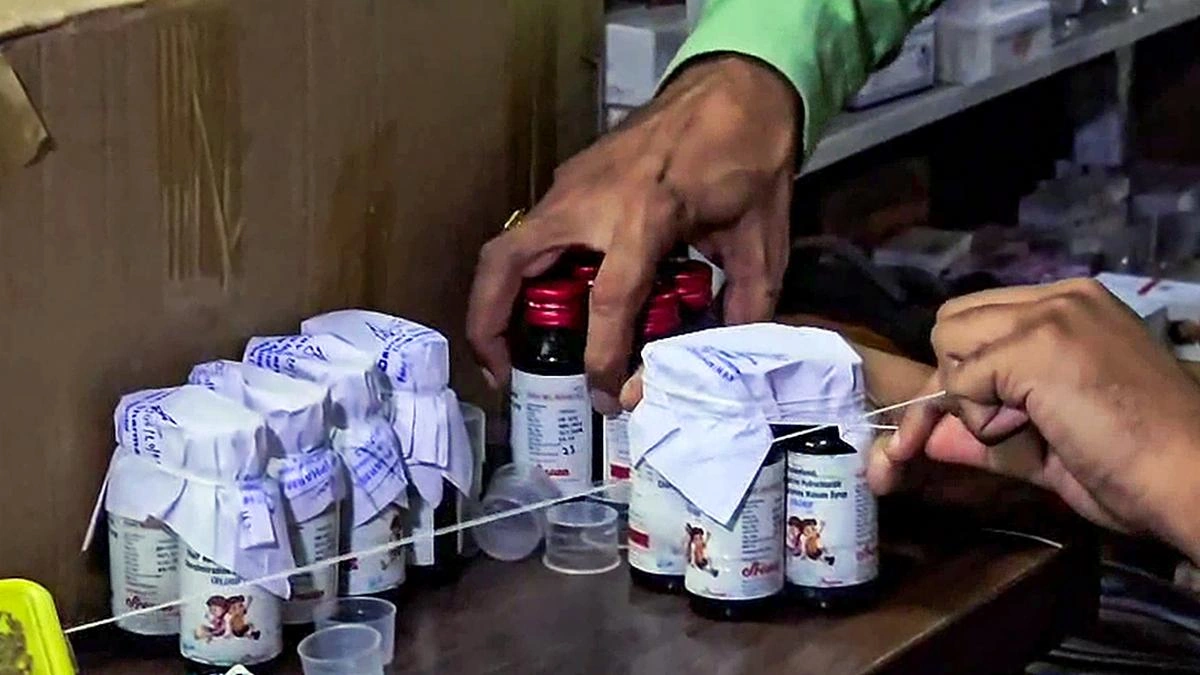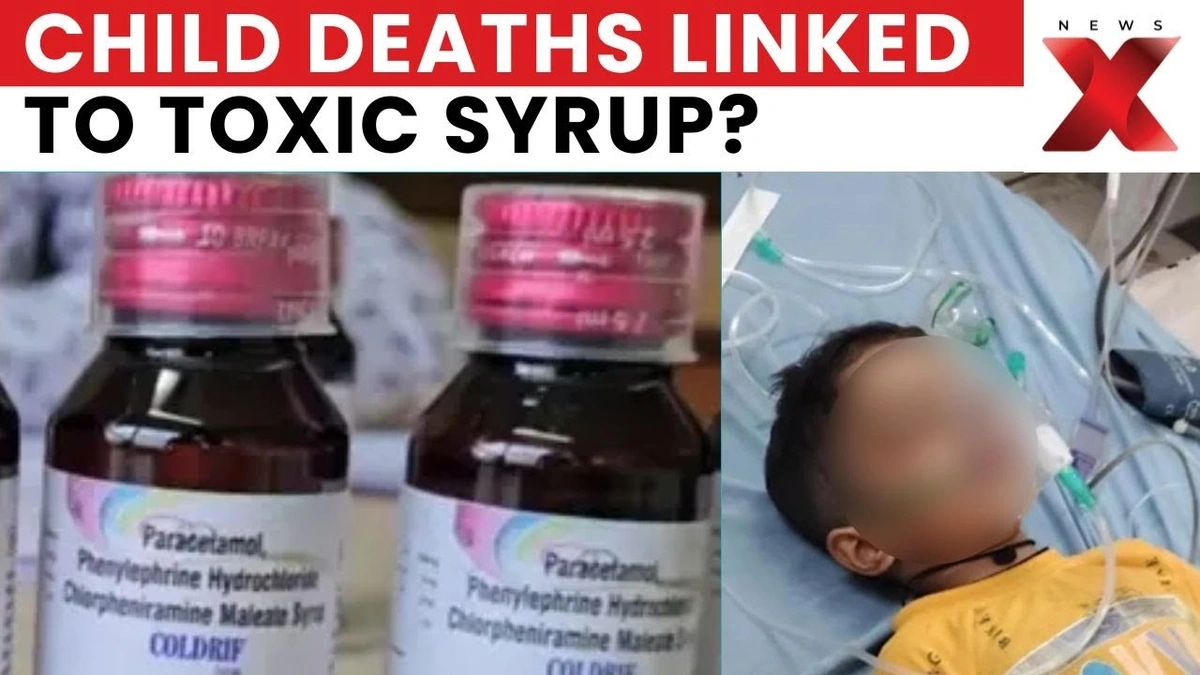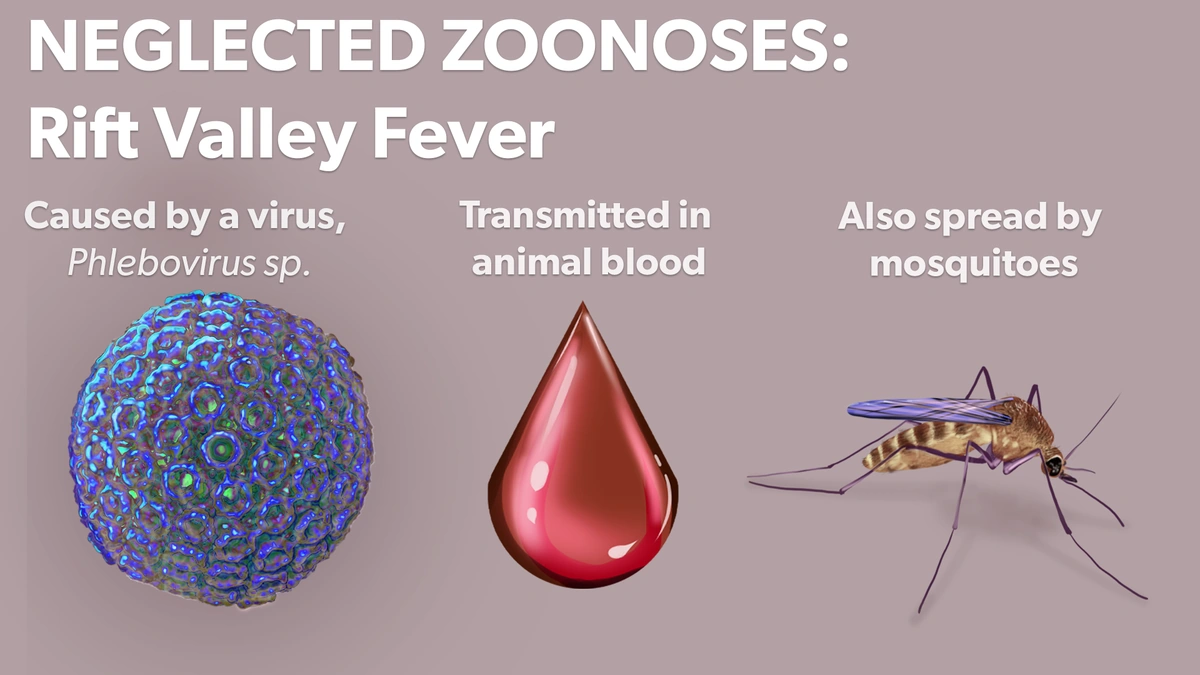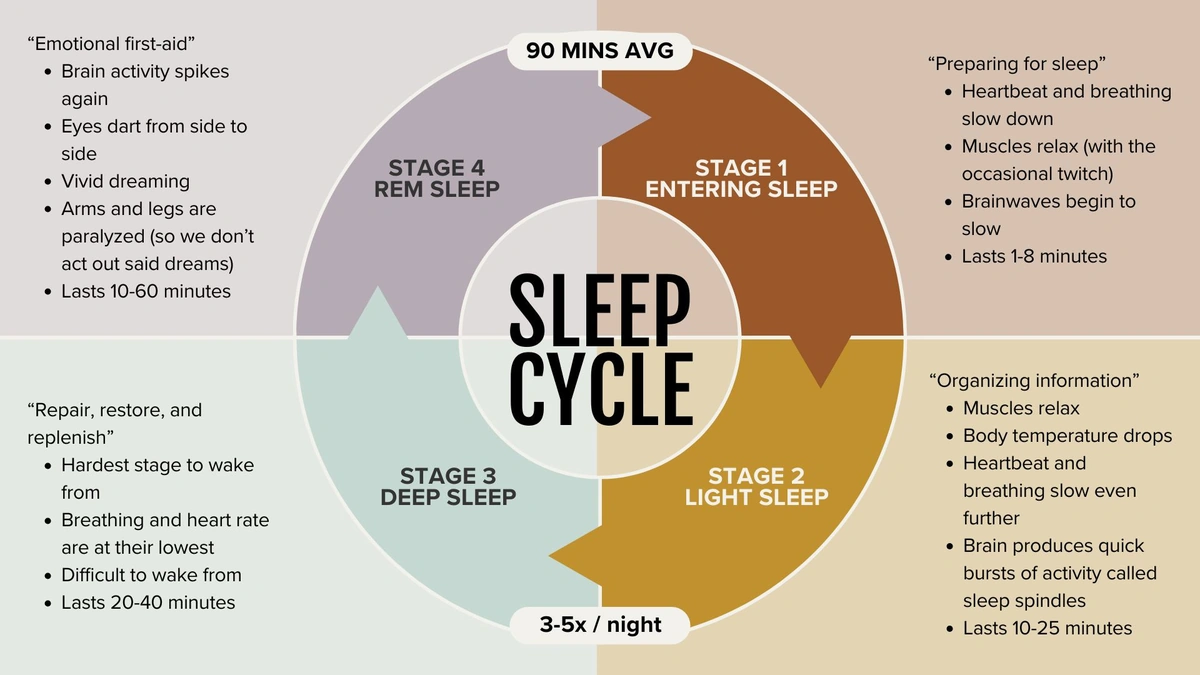Toxic Cough Syrup Kills 12 Children in Madhya Pradesh and Rajasthan | An Editorial
It’s a parent’s worst nightmare. News emerging from Madhya Pradesh and Rajasthan speaks of tragedy – the < strong >toxic cough syrup deaths< /strong > of twelve young children. But beyond the headlines, a crucial question screams for an answer: Why? Why is this still happening in India, and what systemic failures are allowing it to persist?
Let’s be honest, this isn’t just a news story; it’s a reflection on our quality control mechanisms, regulatory oversights, and the desperate need for accountability. We’re not just talking about a mistake; we’re talking about preventable deaths.
The Grim Reality | What Happened?

Reports indicate that the < strong >contaminated cough syrups< /strong >, administered to children suffering from common cold and cough, contained dangerous levels of diethylene glycol (DEG). This chemical, often used in industrial solvents and antifreeze, is highly toxic and can cause kidney failure, neurological damage, and ultimately, death. The tragedy unfolded across several districts, leaving families shattered and communities reeling. < a href=”https://gotrendingtoday.com/cough-syrups-root-cause/” > The scale of the impact < /a > is simply devastating.
The Million-Dollar Question | Why?
Here’s the thing: India has a well-established pharmaceutical industry. We produce medicines for the world. So, how does something like this happen? What fascinates me is the systemic breakdown. Was it negligence at the manufacturing level? Lax quality control during production? Or a failure in post-market surveillance to detect the problem early on? These are critical questions that demand thorough investigation.
A significant factor often overlooked is the lack of stringent enforcement. While regulations exist, their implementation is often weak, allowing unscrupulous manufacturers to cut corners and prioritize profit over safety. This is not an isolated incident; past instances of cough syrup-related deaths have highlighted similar failures in the system. The problem isn’t the absence of rules; it’s the inability or unwillingness to enforce them effectively.
Furthermore, the issue of spurious and substandard drugs plagues the Indian market. The lack of awareness among consumers, coupled with the easy availability of cheap alternatives, exacerbates the problem. People often opt for cheaper options without realizing the potential risks.
How to Protect Your Family | A Practical Guide
This isn’t about fear-mongering; it’s about empowering you with knowledge and practical steps you can take to protect your family. I’ve seen first-hand the anxiety these kinds of news stories create, so let’s break down what you can actively do.
1. Always Buy from Reputable Pharmacies: This seems obvious, but it’s crucial. Stick to pharmacies you trust and avoid buying medicines from unverified sources or online platforms with questionable credentials.
2. Check the Label and Packaging: Before administering any medication, carefully examine the label for any signs of tampering, damage, or inconsistencies. Pay close attention to the expiry date and the manufacturer’s details.
3. Verify the Manufacturer: Do a quick online search to verify the manufacturer’s reputation and credentials. Look for any red flags or negative reviews related to their products.
4. Be Wary of Unusually Low Prices: If a medicine is significantly cheaper than other similar products, it’s a cause for concern. Cheap alternatives may be substandard or even counterfeit.
5. Consult Your Doctor: This is paramount. Never self-medicate, especially for children. Always consult a qualified doctor before administering any medication. Discuss the potential risks and benefits, and ensure the doctor is aware of any existing health conditions or allergies.
6. Report Suspicious Products: If you suspect a medicine is substandard or counterfeit, report it to the appropriate authorities. The Central Drugs Standard Control Organisation (CDSCO) is the primary regulatory body responsible for drug safety in India.
The Way Forward | Systemic Changes Needed
This tragedy should serve as a wake-up call. We need a complete overhaul of our drug regulatory system, with stricter enforcement, increased accountability, and greater transparency. The < strong >Indian pharmaceutical industry< /strong > must prioritize patient safety above all else. According to the < a href=”https://cdsco.gov.in/” target=”_blank” rel=”nofollow noopener” > CDSCO website< /a >, steps are being taken to improve drug regulation, but progress needs to be accelerated.
Specifically, we need to strengthen our quality control mechanisms, invest in advanced testing facilities, and implement a robust post-market surveillance system. We also need to raise public awareness about the risks of substandard drugs and empower consumers to make informed choices.
And, frankly, there needs to be real consequences for those found guilty of negligence or malfeasance. Fines and suspensions are not enough; we need criminal prosecution to deter future offenses. Only then can we hope to prevent similar tragedies from happening again. < a href=”https://gotrendingtoday.com/cough-syrup-contamination-2/” > This issue has plagued India for many years < /a >.
Holding the Pharmaceutical Industry Accountable
The pharmaceutical industry has a moral obligation to ensure the safety and efficacy of its products. This includes rigorous testing, transparent labeling, and adherence to the highest quality standards. Companies found to be negligent should face severe penalties, including the revocation of licenses and criminal charges.
FAQ Section
Frequently Asked Questions (FAQs)
What is diethylene glycol (DEG) and why is it harmful?
Diethylene glycol (DEG) is a toxic chemical used in industrial solvents and antifreeze. It’s extremely dangerous if ingested, causing kidney failure, neurological damage, and death. It should never be present in pharmaceutical products.
How can I identify potentially < strong >toxic medications< /strong >?
Look for signs of tampering, unusual discoloration, or inconsistencies in the packaging. Verify the manufacturer’s reputation and be wary of unusually low prices. Always consult your doctor or pharmacist if you have any concerns.
What should I do if I suspect a medication is contaminated?
Immediately stop using the medication and report it to the Central Drugs Standard Control Organisation (CDSCO) or your local drug regulatory authority. Provide as much detail as possible, including the product name, manufacturer, and batch number.
Where can I find reliable information about drug safety in India?
The Central Drugs Standard Control Organisation (CDSCO) website (cdsco.gov.in) is a reliable source of information about drug regulations and safety in India. You can also consult with your doctor or pharmacist.
Are < strong >generic medications< /strong > safe to use?
Generic medications are generally safe and effective, as they contain the same active ingredients as brand-name drugs. However, it’s essential to purchase them from reputable pharmacies and ensure they are manufactured by licensed companies.
The deaths of these children are a tragedy that demands more than just condolences. It demands action. It demands a commitment to building a safer, more accountable pharmaceutical industry that prioritizes the lives of its citizens. It’s time to turn grief into meaningful change.













